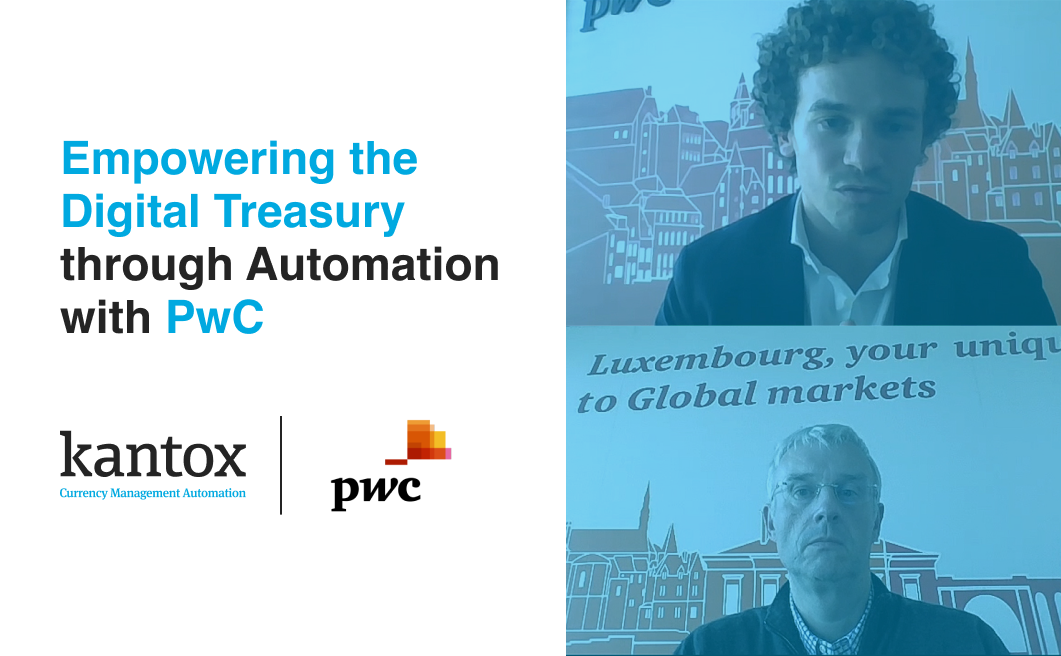Discover essential FX hedging strategies and currency management best practices from our foreign exchange experts.
Pricing smartly with favourable forward points
Are you prepared to price with the forward FX rate? Many companies fail to take advantage of the benefits of pricing with the forward rate in the event of favourable forward points — that is, when selling and hedging in a currency that trades at a forward premium, or when buying and hedging in a currency that trades at a forward discount.This is an important and rather technical subject, so it might be helpful to clarify it with an example.
A South African Tour operator selling packages into the UK market
Let us imagine the case of a South African tour operator selling packages into the UK market. Two currencies are involved: ZAR, the South African rand (the functional currency of the tour operator) and GBP, the pound sterling.The tour operator wants to eliminate the transaction FX risk that results from the time lapse between the moment the package is sold and the moment it is settled in pounds, say three months. During that time-lapse, the GBP-ZAR exchange rate will shift, thus putting the value of ZAR-denominated cash flows at risk.Two transactions are taking place: the commercial transaction itself and a hedge, where the tour operator sells forward the corresponding amount in GBP, with a value date that is set to coincide with the settlement of the commercial transaction.At what price are the tour operator's packages sold? The most common procedure is to use the spot rate, in this case, the GBP-ZAR rate. The South African tour operator sets a price in ZAR that brings the desired/budgeted profit margin. That price is translated into GBP using the spot rate.

At settlement, any FX gain/loss on the commercial transaction will be offset by a corresponding FX gain loss/gain in the forward market position. But something else will happen. Because GBP has lower interest rates than ZAR, as it is seen as less risky, it will trade at a stronger rate in the forward market compared to the spot market. And that's fine for the South African tour operator, as that net FX gain is added to the profit margin on the commercial transaction itself.But there is another possibility, namely pricing with the forward rate instead of the spot rate. The same ZAR price that results in the originally budgeted profit margin is now translated at a stronger forward rate, resulting in a lower GBP price. At the same time, FX transaction risk is entirely under control, and the initial profit margin is still achieved.

Now the competitive position of the firm is enhanced. Lower prices stimulate demand from UK-based customers. With the same level of invested capital, the firm can increase sales, thereby making efficient use of its invested capital.
Conclusion: the missing link between pricing and hedging
Pricing with either the spot or the forward rate gives management more flexibility regarding their desired levels of profit margins, competitive position and market share. The question is: Why do many managers fail to take advantage of this possibility? There are two possible reasons for that. On the one hand, there appears to be a lack of an adequate understanding of the link between pricing with an FX rate and hedging.On the other, most Treasury Management Systems (TMS) are not equipped with what we call at Kantox a 'strong FX rate feeder' that would enable commercial teams to quote with the appropriate exchange rate, in this case, the forward rate. According to Toni Rami, Kantox's co-founder and Chief Growth Strategist, many companies are not even aware of these problems.While TMS are ill-equipped to do this, Currency Management Automation solutions —working alongside your existing systems— will allow you, among many other things, to efficiently use the forward rate for pricing purposes.











